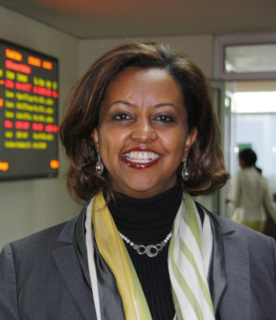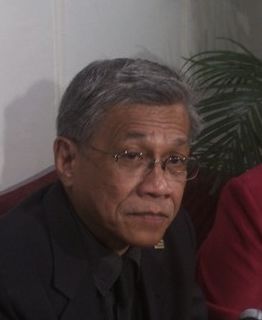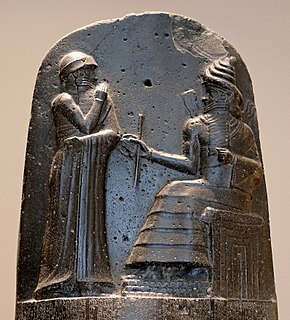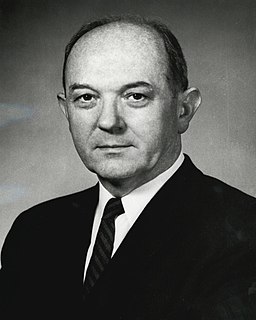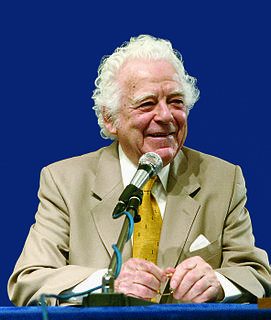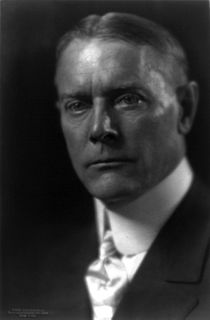A Quote by Mo Ibrahim
In a world of growing food demand, Africa is home to two-thirds of the world's unexploited arable land.
Related Quotes
In most of the world, we have only small remnants of the wildlife that once existed. Africa has the most astonishing wildlife still. Now Africa is modernizing. In the next twenty years, Africa is modernizing economically, and one of two things is going to happen. Either Africa will be just like the rest of the world and it's say goodbye to wildlife. Or, we can learn from the mistakes made in the rest of the world.
Two-thirds of the world's population is unbanked or underbanked. Imagine if you had all your bank accounts shut down today, if you had all your credit cards shut off today, Paypal, Venmo, etc. What would life be like? And that's a problem that most of the world faces if you're in Latin America, Africa or South East Asia.
Here, in the Land of Israel, we returned and built a nation. Here, in the Land of Israel, we established a State. The Land of the prophets, which bequeathed to the world the values of morality, law and justice, was after two thousand years, restored to its lawful owner - the members of the Jewish People, On its Land, we have built an exceptional national Home and State.
If he does not plant the field that was given over to him as a garden, if it be arable land, the gardener shall pay the owner the produce of the field for the years that he let it lie fallow, according to the product of neighboring fields, put the field in arable condition and return it to its owner.
There would be no call for ecological campaigning had nature not been exploited and abused. We experience the ground now bringing forth thistles as soil erosion devastates formerly arable land and deserts overtake fertile farms. Rivers and the atmosphere are polluted thoughtlessly and we are fearful of the consequences of a depleted ozone layer and the devastation of the greenhouse effect. We are not quite at home in our world, and somewhere in each of us there is a nostalgia for a paradise that has been lost.
There is more food in the world than we could possibly use. There's a huge surplus of food per capita, but it's locked away and rotting in the storehouses of the Western world, whereas in the East, in many parts of Africa, India and South America, people are starving to death. Millions of people are dying of starvation in a time in which there is a huge surplus of food.
In a contest between new technology and old ways of life, it is the traditional rhythms that will hold. Traditional societies make up more than two-thirds of the world, the two-thirds that will not be going online to "save" time but will remain wedded to the knowledge that if the bus doesn't come that day, it will come someday. After all, there is nothing but time.


